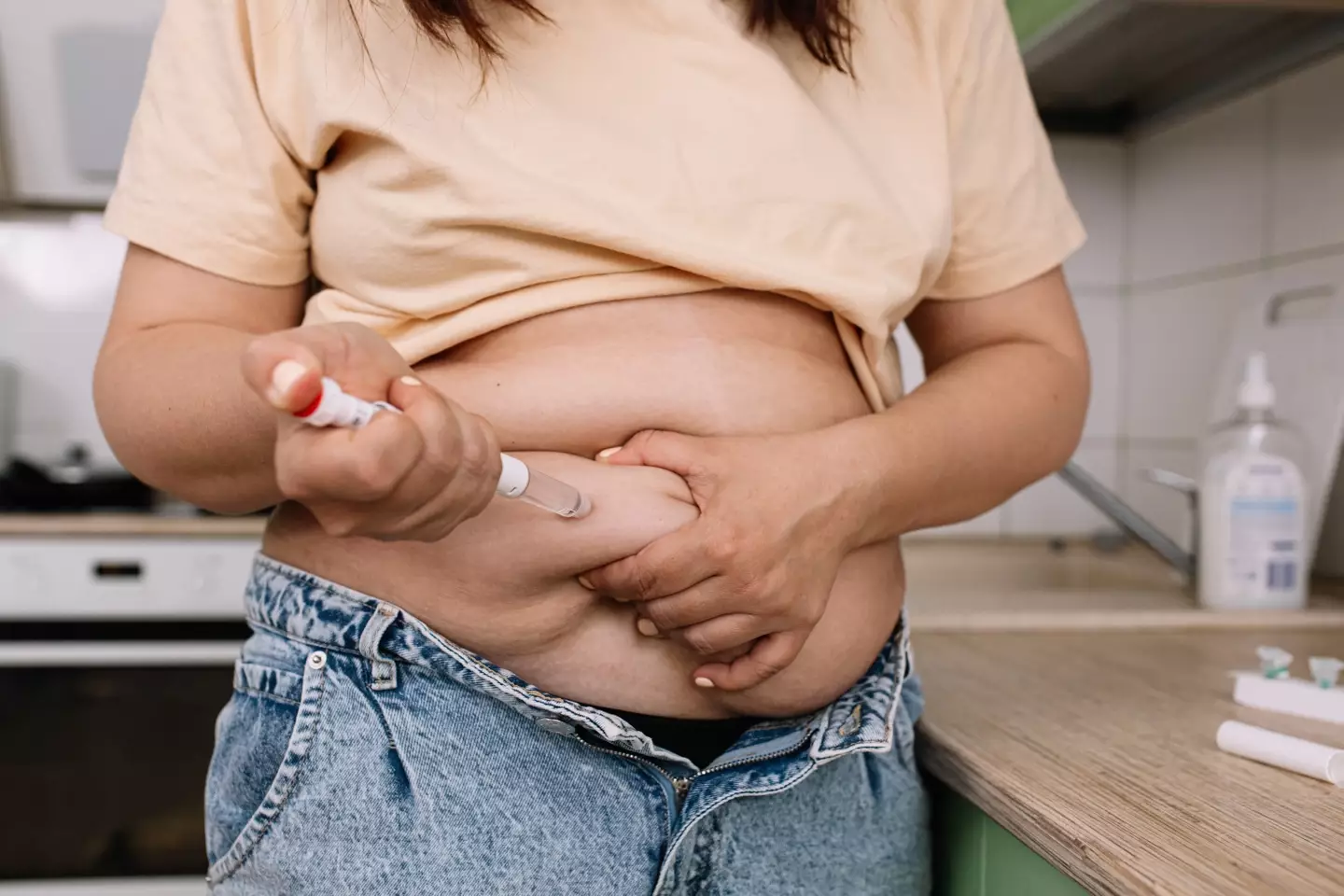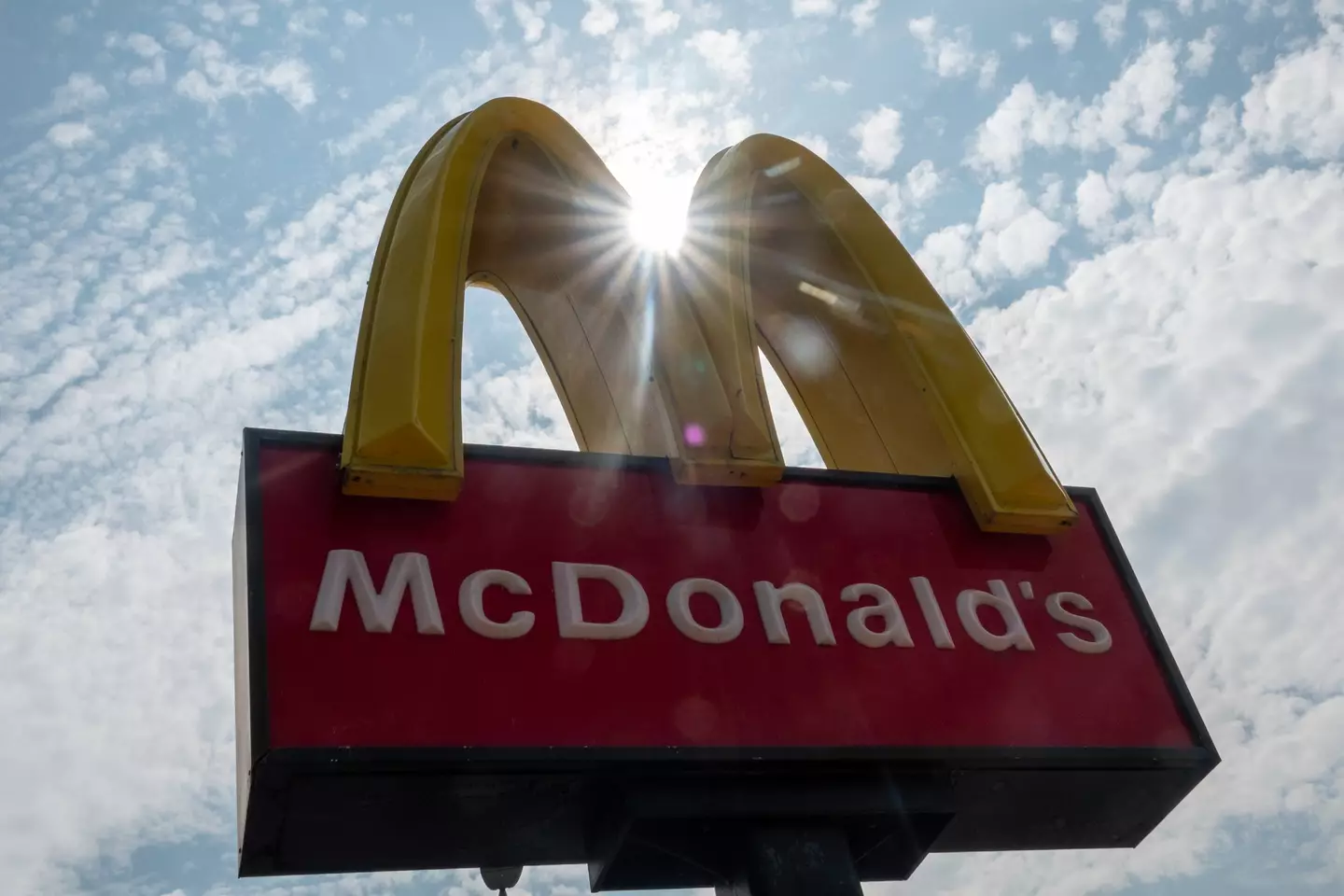
GLP-1 drugs like Ozempic and Wegovy were designed as treatment aids for diabetes, with the semaglutides significantly assisting with appetite control.
Seeing as they suppress appetites, it’s no wonder that many people have opted to use them to help them lose weight.
Diet is the main contributor to weight gain and loss, with calorie burn from exercise typically accounting for a small portion of overall calorie expenditure and the body and mind often compensating for high-calorie activities by reducing activity throughout the rest of the day.

Advert
A pound of body fat equates to 3,500 calories, so over a week you need a daily calorie deficit of 500 to lose a pound. That kind of deficit can be tricky to maintain but, if your appetite has been suppressed and you aren’t snacking or finding yourself drawn to high-calorie grub, then it’s a lot easier.
As these drugs become more popular, with an estimated 6% of the US adult population currently using them and 12% having tried them, there are concerns in the food industry that these suppressed diets may hurt profits.
It’s been estimated that McDonald’s, for example, could see a drop of 28 million customer visits per year in the US alone. That would equate to around $482 million (£355 million) or roughly 0.9% of the fast food giant’s total annual sales.
Experts have noted that companies may push back against the trend by switching tactics.
.jpg)
"Ozempic is breaking the food addiction cycle – but Big Food isn't going down without a fight," said Dr Mark Hyman, a functional medicine advocate, in a post to Instagram.
"For decades, ultraprocessed foods have been engineered to hijack the brain's reward system – perfecting the 'bliss point' of sugar, salt and fat to keep people hooked.”
Now that the cycle is being broken, Hyman reckons it’s inevitable that food companies will fight back in some way.
"Big Food isn't happy," Hyman posited. “Our food system is broken. It's built to create addictions, push ultraprocessed junk and profit off public health crises."
Speaking to Fox News, the SVP of product policy for the Consumer Brands Association, which represents the consumer-packaged goods industry, explained what she sees as a shift in how companies like McDonald’s are targeting consumers.
"The makers of America's trusted household brands deliver safe products to consumers and innovate to provide them with healthier options," said Sarah Gallo, the SVP in question.

"For decades, food and beverage companies have taken their cues from consumers on what products they want in the marketplace to meet their dietary and health goals – whether it's options low in sugar, sodium and saturated fats, no artificial colors or low-carb, high-protein and high-fiber options."
Charles D'Angelo, a weight loss and life coach who also spoke with Fox News, noted that many companies known for fast food or junk food have already expanded their portfolios with ostensibly healthier options, often whilst over-egging their relative healthiness.
"They're not just selling junk food anymore," he said. "How many things do you see when you go down the grocery store aisle that say high-protein or low-carb, but they're still ultraprocessed? And it's engineered to hook you. That's not nutrition. It's marketing."
